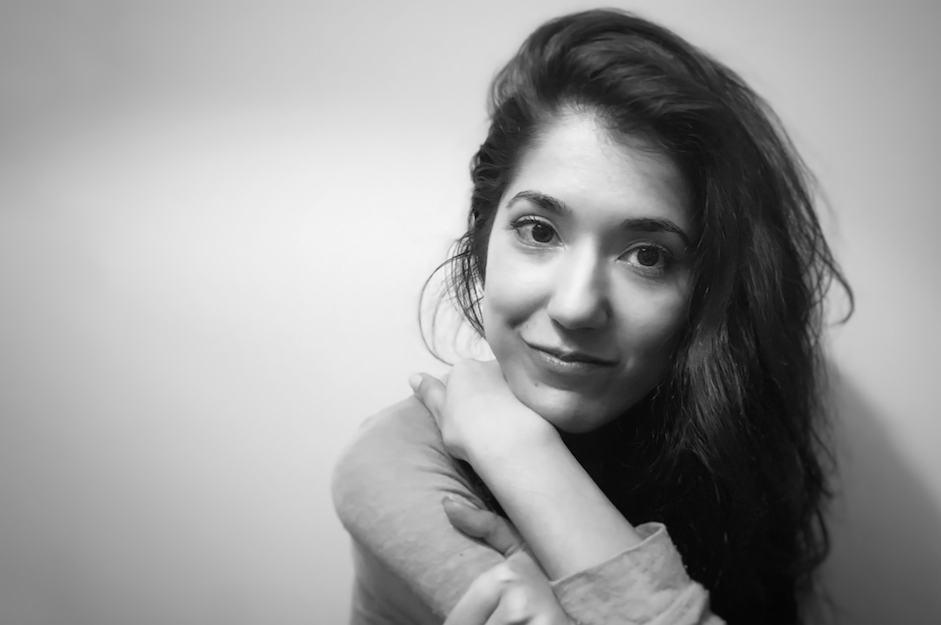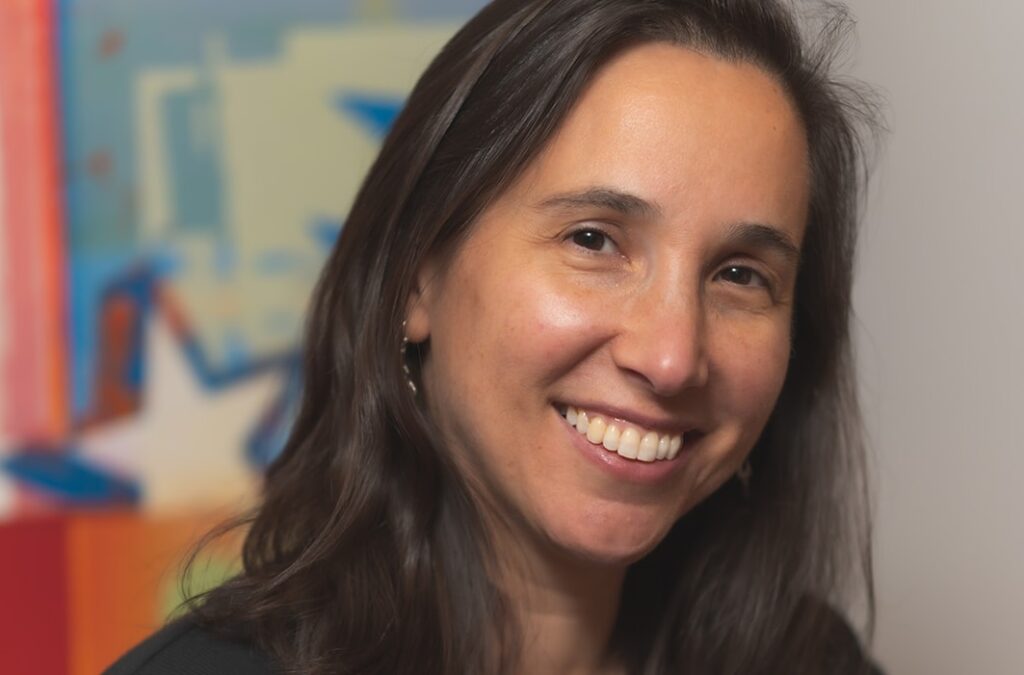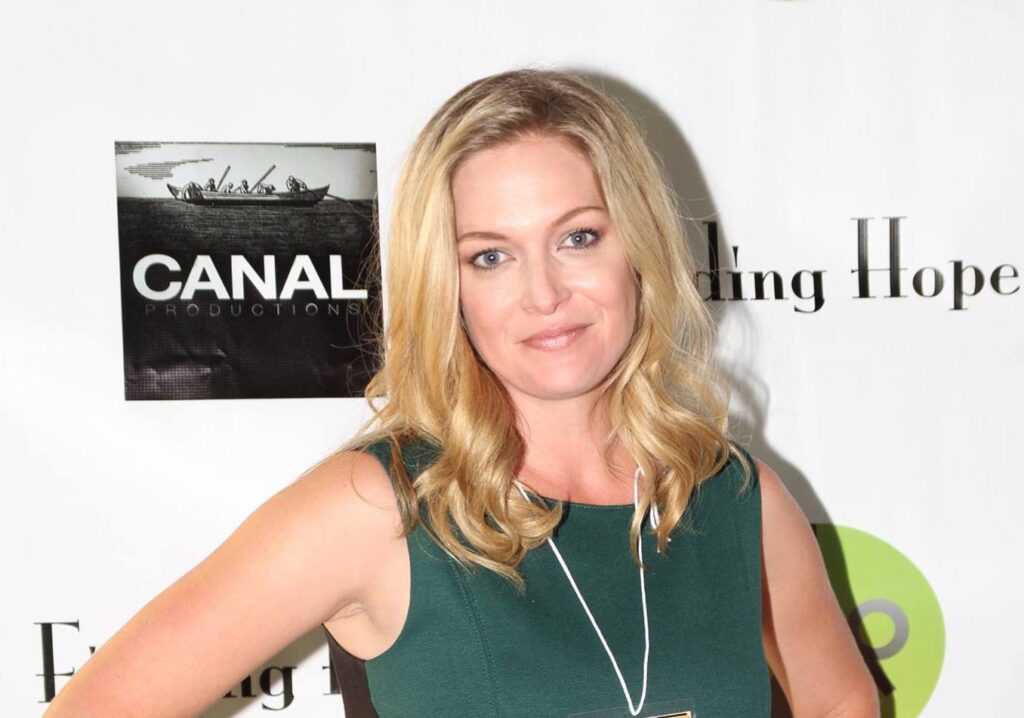Guest Post by Shakti Bhagchandani
When I was in the seventh grade, my English Literature class was assigned Alexandre Dumas’ “The Count of Monte Cristo.”
On our first day of studying the text, our teacher instructed us to comb through every page of the 1,423-page epic and black out all the dirty words with a permanent marker. Words like “kiss,” “wine,” “intoxicated,” and “sex” — biological sex, not the other sex — were “no-no” words, unfit for young minds, unfit for young girls’ minds.
It wasn’t that young boys were exempt from this laborious process, but for young girls who were seen as agents of honor and shame, these words were especially explosive. They needed to be stopped. Sent to some hell where all bad girls who swear too much, kiss their boyfriends, sit with their legs apart, get intoxicated on wine, intoxicated on love, forget to say “please” and “I’m sorry” were sent to pay for their sins.
Surely, it would’ve been easier to sell us the novel pre-censored instead of wasting hours of class time scrubbing out the words ourselves. But this wasn’t the point. We needed to actively partake in the censorship. We needed to run our fingers across the text, hear the squeaking of the marker’s tip, see the black ink leak through the paper and stain every page that followed. Tell ourselves over and over again that you must not say this, you must not know this, you must not think this.
Nothing was forgiven from this censorship. Earnest, innocuous internet searches about Judaism, Hinduism, sexuality, sexual abuse, politics, evolution, drug addiction, and countless other topics were met with the message: “The page you are trying to access has content that is inconsistent with the moral, cultural or religious values of the United Arab Emirates.”
This message was carved into our minds. It occupied the black, barren spaces where words like “kiss,” “wine,” and “sex” should have lived. It appeared when we tried to find information about Monica Lewinsky, why girls would dress like boys, what Jack was drawing in “Titanic,” if it’s possible for boys to love boys, and how to help a friend who had survived sexual abuse.
At the cinema, scenes with kissing, drug use, idol worship, and homosexuality were cut out. At some point during a film, the picture would fade to black for a few minutes, and sometimes, when the image returned, the film didn’t make sense anymore. The 180-minute “Wolf of Wall Street” was reduced to 45 minutes. It turns out that a plot can significantly advance during kissing scenes. It was unnerving to be ripped out of a cinematic journey so unexpectedly, forced to endure the darkness of the theater, the loud silence of people snacking on caramel popcorn, slurping on Sprite, tearing chocolate wrappers. The loud, maddening silence of coughs, sighs, and yawns. Of impatience. Frustration. Shame.
A collective sense of subservience filled those moments. An acknowledgement that we are not capable of deciding what is appropriate, and such things needed to be decided for us. We need to be safe, swaddled, shrink-wrapped, and suffocated. Don’t say it, don’t think about it, don’t imagine it. Don’t let it take hold of you. Don’t let it confuse you. Don’t let doubt seep in. You know what you’re doing. You know what is right. You know how to live. You’re happy with what you know. You’re blessed, really. Lucky, even. Your children are safe. Your children’s children are safe. You are all safe, and blessed, and lucky.
But I would sit in that dark, surrounded by the snacking and slurping, and wonder what lived behind the black screen. What does love look like? What does a different faith look like? What does addiction look like? What does sorrow look like?
Our stories were smattered with bullet holes. Holes in books that stole our empathy and knowing. Holes in films that were full of blasphemy and love. Black, gaping holes in people’s lives that hid their longing and loneliness. I wanted to fill in these bullet holes with stories about people who love who they love. Who pray to gods they choose. Those who survive, those who don’t, and those who can still be helped.
As a child, I didn’t know how to help the friend who was sexually abused. But I am older and stronger now, and I see that stories can rip open our ruthless rituals of shame and secrecy and help survivors out of these black holes and into the sun. Stories are filled with searching, and searching raises doubt, doubt raises imagination, imagination raises discovery, discovery raises wisdom, wisdom raises truth, and truth sets you free.
When I told a teacher that I wanted to be a storyteller, she told me to “stop cooking imaginary rice.” Stop cooking food you can never eat. I am blessed that my mom, who was secretly a writer herself, encouraged me to read and write wholly and to my heart’s content. On her trips to India, she bought books and films that were banned in the UAE, buried them under clothes in her suitcase, and smuggled them into Dubai for me. She let me love them in their most honest, honorable form. She let me believe that a career as a storyteller didn’t have to be imaginary rice.
I wanted to make films because I wanted to search. I wanted to know. To fill in the holes and complete our stories. To feel complete. To be complete. To be completely free.
Shakti Bhagchandani is a filmmaker from Dubai, UAE. She is the first writer/director from the UAE to have a film showcased at Sundance Film Festival and to attend a Sundance Screenwriters Lab. Her shorts have played at BFI London Film Festival, Hamptons International Film Festival, Chicago International Film Festival, Brooklyn Academy of Music Cinematek, Palm Springs International Shortfest, and others. Alongside her film work, she is also a visiting professor of screenwriting and directing at Pratt Institute. Check out Bhagchandani’s website to find out more.







